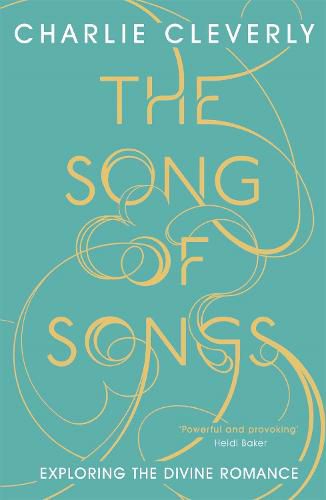Readings Newsletter
Become a Readings Member to make your shopping experience even easier.
Sign in or sign up for free!
You’re not far away from qualifying for FREE standard shipping within Australia
You’ve qualified for FREE standard shipping within Australia
The cart is loading…






THE SONG OF SONGS is redolent with poetic imagery, featuring as it does the love songs of a man and a woman as they explore their relationship. Down the centuries it has often been interpreted either as a sexually-charged love story or an entirely metaphorical imagining of the relationship between God and his people. In this deeply-felt book Charlie Cleverly argues that both interpretations are critical to a true understanding of this book that lies right at the heart of the Bible. If our relationships with one another and with God are not both fully in tune with our humanity, in all its richness, and with our spirituality in its highest form, then we will fall short of all we can be in our lives.
Drawing on a wide range of sources, literary and theological and across the ages, Charlie Cleverly makes the case for a new, rounded understanding of this important book.
$9.00 standard shipping within Australia
FREE standard shipping within Australia for orders over $100.00
Express & International shipping calculated at checkout
THE SONG OF SONGS is redolent with poetic imagery, featuring as it does the love songs of a man and a woman as they explore their relationship. Down the centuries it has often been interpreted either as a sexually-charged love story or an entirely metaphorical imagining of the relationship between God and his people. In this deeply-felt book Charlie Cleverly argues that both interpretations are critical to a true understanding of this book that lies right at the heart of the Bible. If our relationships with one another and with God are not both fully in tune with our humanity, in all its richness, and with our spirituality in its highest form, then we will fall short of all we can be in our lives.
Drawing on a wide range of sources, literary and theological and across the ages, Charlie Cleverly makes the case for a new, rounded understanding of this important book.